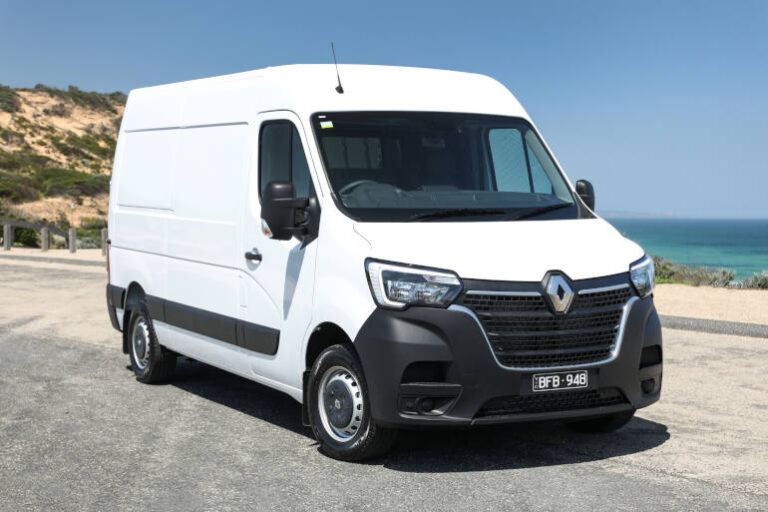Sales data from Truck Industry Council (TIC), and VFACTS data from the Federal Chamber of Automotive Industries (FCAI) confirmed that vans are back after several years of sluggish sales.
With only there players in the small van segment (Peugeot Partner, Renault Kangoo, and VW Caddy), the total sales for the segment were 1,430 compared to 1,198 in 2023 (19.4% increase).
Sales of vans (2,500 – 3,499kgs) increased by 25.2% with the Toyota Hiace claiming top spot again by selling 12,082 units. The Hyundai Stadia Load (3,503 units) edged out the Ford Transit Custom (3,427 units) for second place, and the LDV G10/G10+ secure third place with 2,843 units.
The light-duty van segment (3,500 – 8,000kgs) posted strong sales throughout the year with no signs of slowing down, with 11,435 vans sold in 2024 – accounting for an astonishing 22 percent of total heavy vehicle sales as reported by TIC. Leading the van sales race in this segment was Mercedes-Benz (3,327 units) followed by LDV (2,837), Renault (1,180) and Ford (1,563). In 2023, by comparison, the light-duty van segment accounted for just 6,018 units, meaning the segment almost doubled across 2024.
The 2024 result was the highest ever for the Renault Master van since the nameplate was introduced in Australia 20 years ago, in 2004. VFACTS shows the combined sales for the Renault Master vans at 2,158 in 2024 (up 59.7 per cent year-on-year, in an overall car market that grew by 0.3 per cent).
“While the Australian new-car market saw a spike in sales of delivery vans during the global COVID-19 pandemic a couple of years ago – as more people shopped online while working from home – we have seen this trend continue,” said Glen Sealey, the General Manager of Renault Australia.
“Demand in the large van segment remains strong as consumers feel more comfortable shopping online and having goods delivered to their home or work.
“This emerging consumer trend has enabled more small businesses and independent operators to get into the courier or delivery business.”






